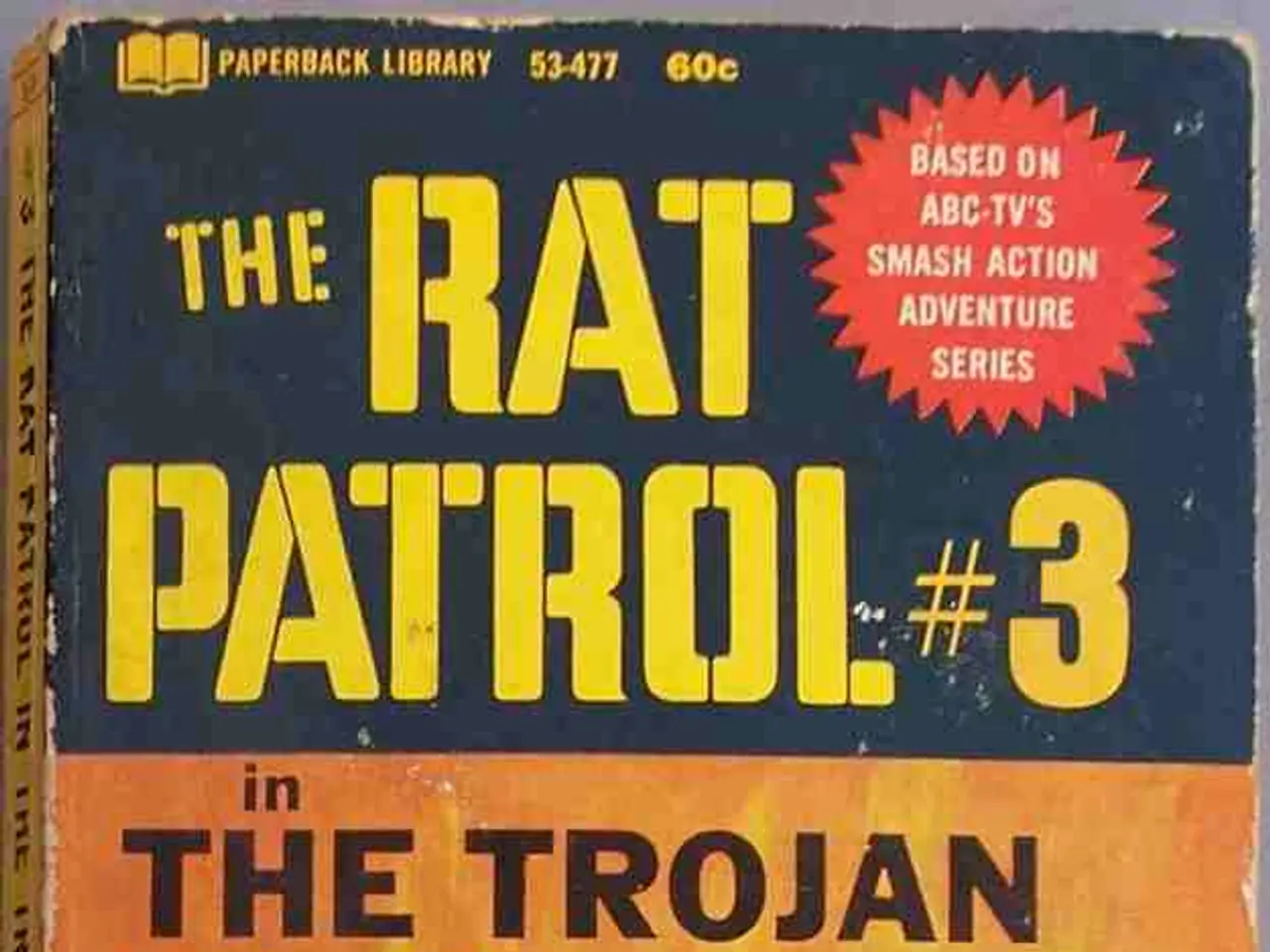Expanding military aid is on the agenda for Germany.
In the ongoing geopolitical landscape, several significant events are shaping the future of Ukraine and Russia.
Retired Colonel Wolfgang Richter has raised concerns about a global agenda in Donald Trump's actions, suggesting that the Ukraine war may not be a top priority. Meanwhile, the United States is finalizing its support for security guarantees for Ukraine, with 26 countries pledging to contribute peacekeeping troops.
The economic situation in both Russia and Ukraine is also cause for concern. German Chancellor Friedrich Merz sees the Russian domestic economy in a state of stagnation, while Sberbank head Germany Gref believes the expected interest rate cuts from 18 to 14 percent by the end of the year are insufficient to revive the economy. Data from banks indicates a significant slowdown in July and August, with growth reportedly close to zero.
Gref also warns that reviving the economy will be much harder than cooling it down. He hopes that the central bank will not allow a slide into recession.
On the other hand, Germany plans to significantly increase military aid to Ukraine, including air defense systems, long-range missile production support, and equipment for four mechanized Ukrainian infantry brigades. This decision follows consultations with several European heads of state and government, along with Ukrainian President Volodymyr Zelenskyy, on possible security guarantees for Ukraine.
However, the path to peace is fraught with challenges. A Russian airstrike in the eastern Ukrainian region of Donetsk resulted in the deaths of two civilians and damage to five uninhabited buildings in the town of Illiniwka. Three bombs also fell on a hospital in the nearby industrial city of Kostyantynivka. In the eastern Ukrainian region of Kharkiv, two men were killed by the explosion of a Russian drone they found.
Political scientist Claudia Major has warned against a "German exceptionalism" in sending soldiers, suggesting that the current debate seems like a "knee-jerk reaction" and that there are no signs that Putin would agree to such an agreement - but that is the prerequisite for deploying German soldiers to secure peace.
In a bid to pressure Russia, US President Donald Trump has urged European leaders to stop buying Russian oil and called for increased economic pressure on China for financing Russia's war efforts. Former Russian President Dmitri Medvedev has threatened the British government with the seizure of British state assets due to its support for Ukraine.
NATO Secretary-General Mark Rutte believes the West must prepare for a sustained threat from Russia and China, as both countries are boosting their defense industrial cooperation to unprecedented levels.
Amidst these tensions, there are glimmers of hope. Ukrainian President Volodymyr Zelensky has stated that there is agreement within the "Coalition of the Willing" on the general framework for security guarantees for Ukraine. After speaking with Trump, Merz continues to hope that the US will increase its support for Ukraine.
In a positive step towards a ceasefire, there is agreement on the need for a summit with Ukrainian President Volodymyr Zelenskyy, for which a ceasefire is necessary. Whether this will lead to a lasting peace remains to be seen.
As the situation evolves, it is clear that both economic and military strategies will play crucial roles in shaping the future of Ukraine and Russia. The global community will continue to watch these developments closely.
Read also:
- Tobacco industry's suggested changes on a legislative modification are disregarded by health journalists
- Trump's Policies: Tariffs, AI, Surveillance, and Possible Martial Law
- Uncovering Political Ad Transparency: A Guide to Investigating opponent's Political Advertisements in the Digital Realm
- Elon Musk praises JD Vance's debate performance against Tim Walz








